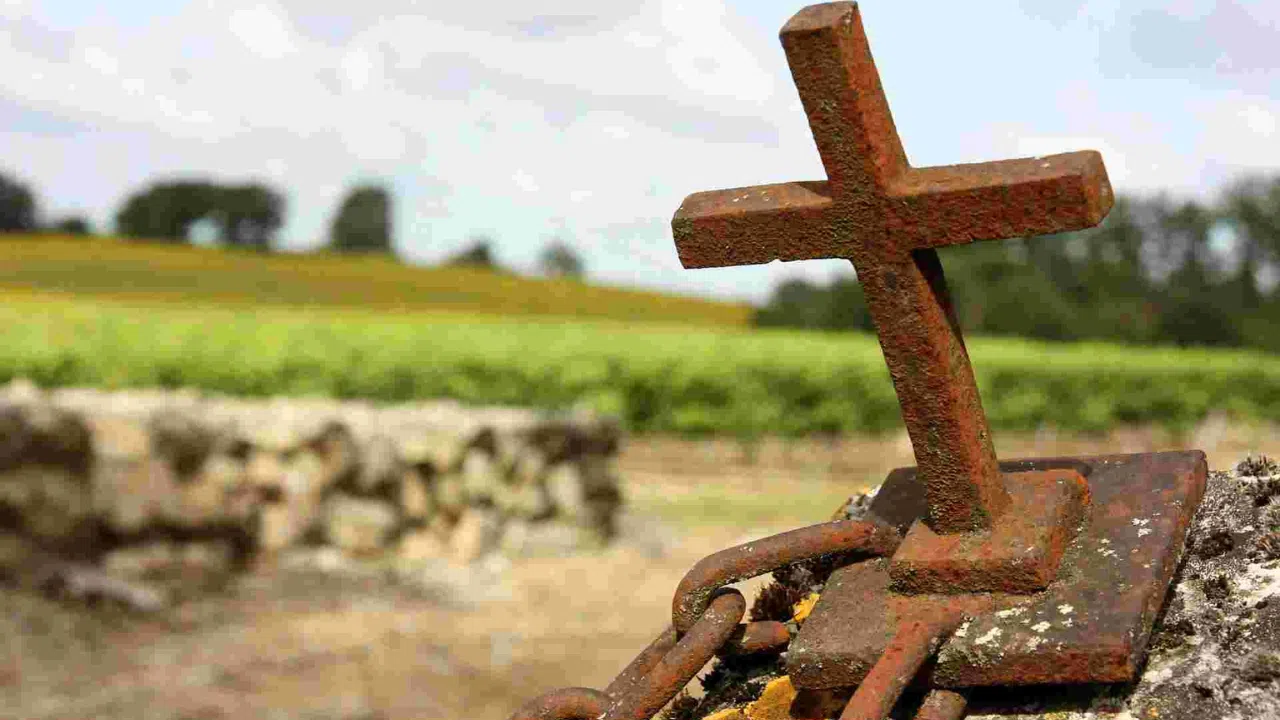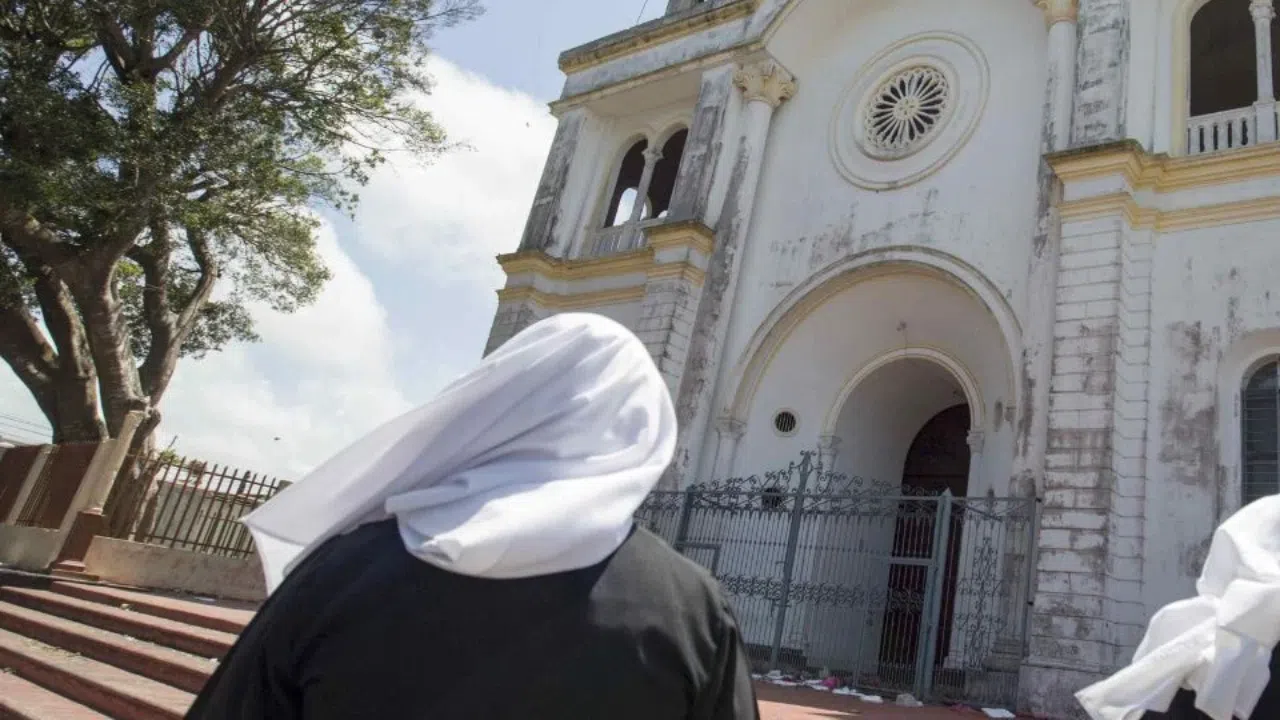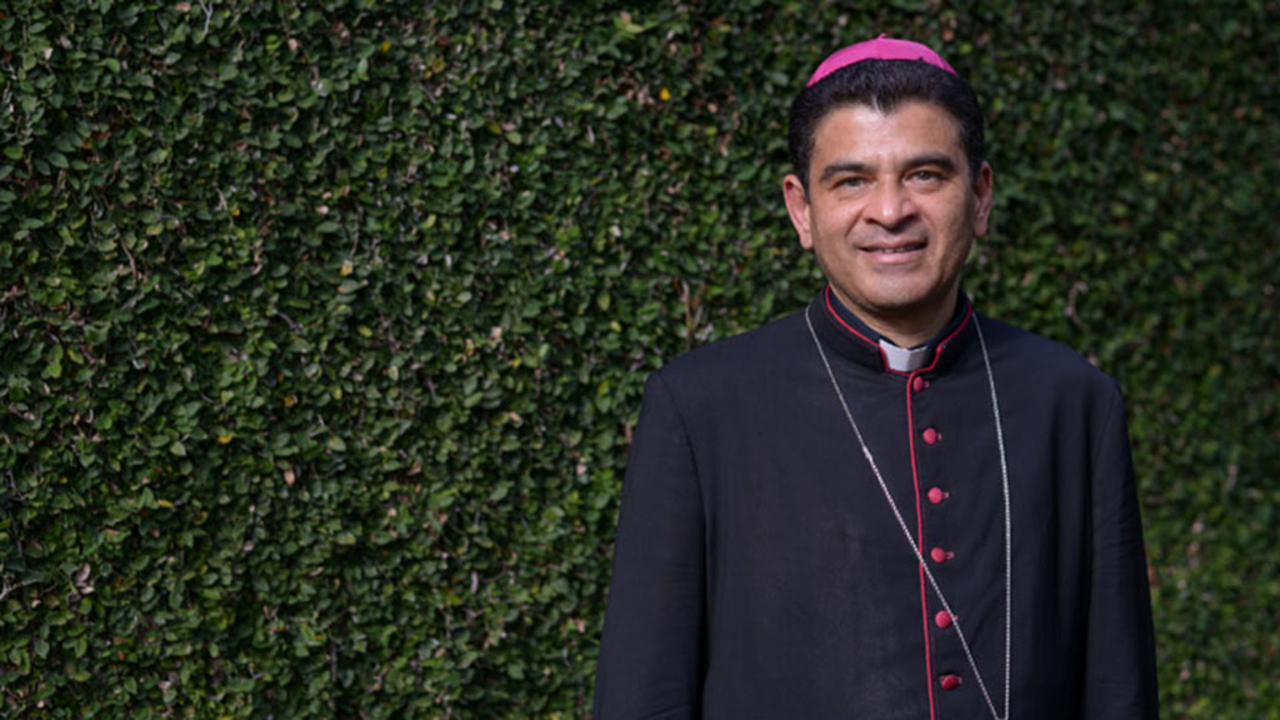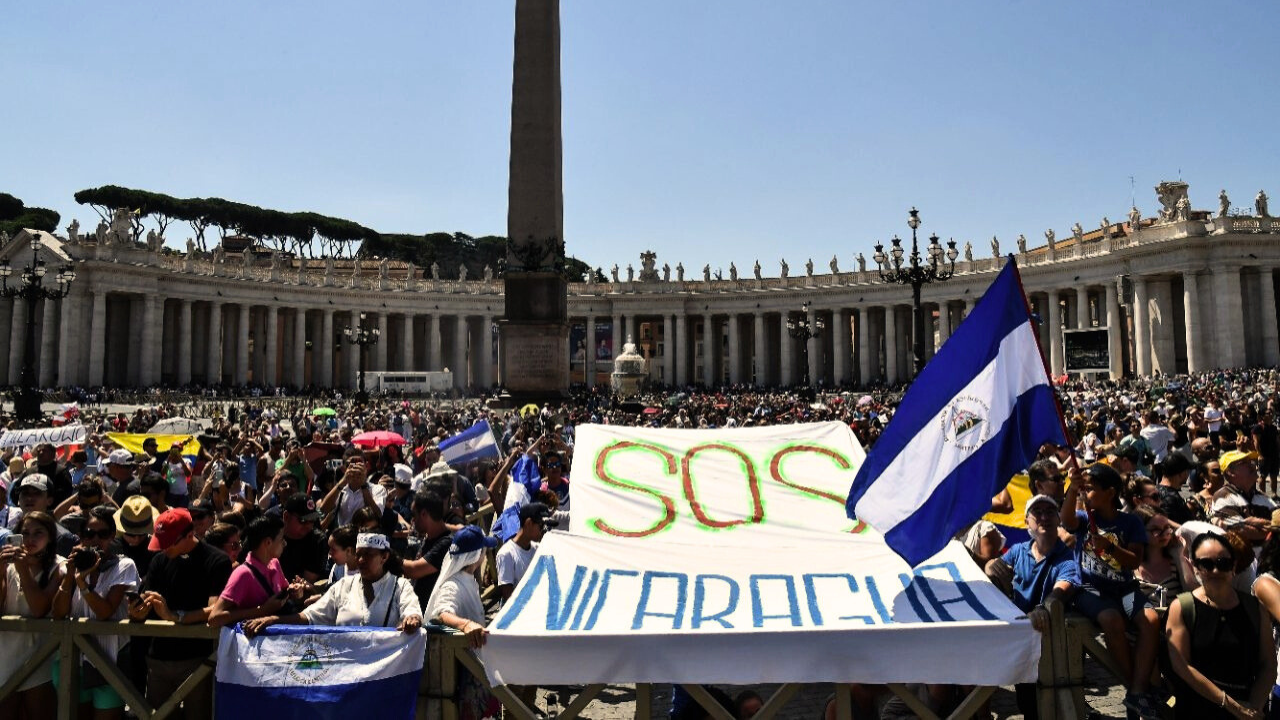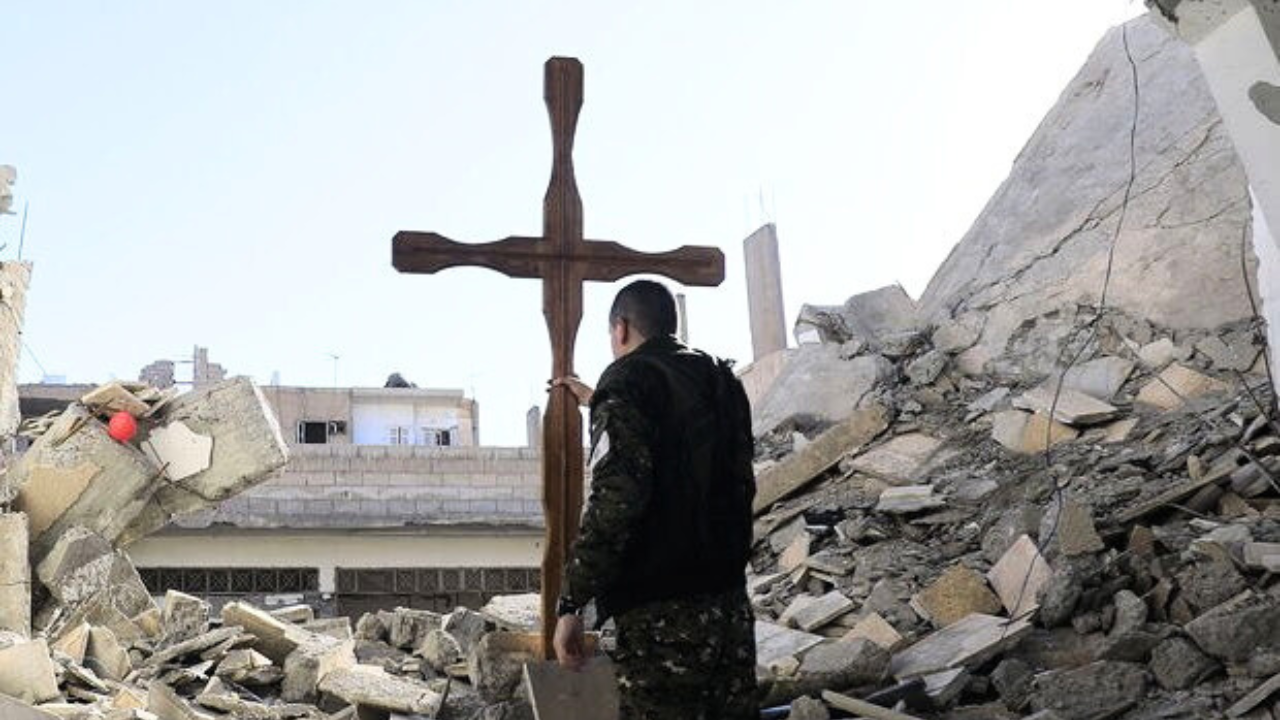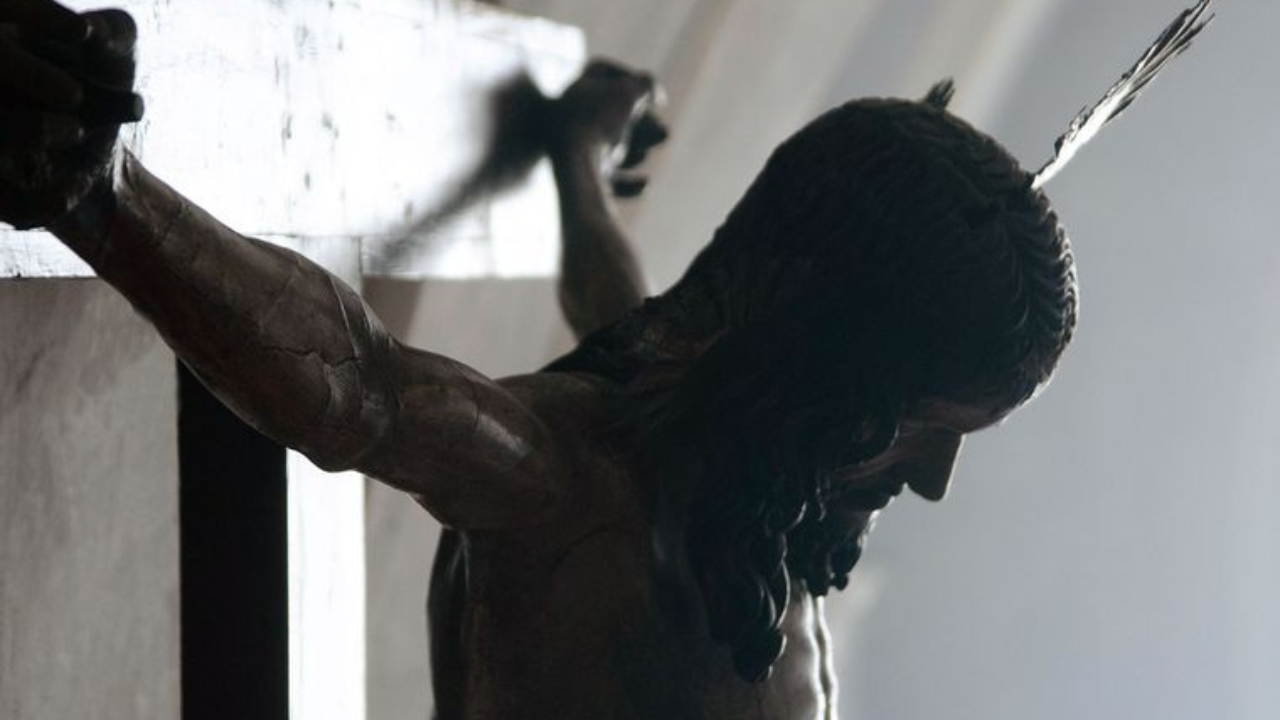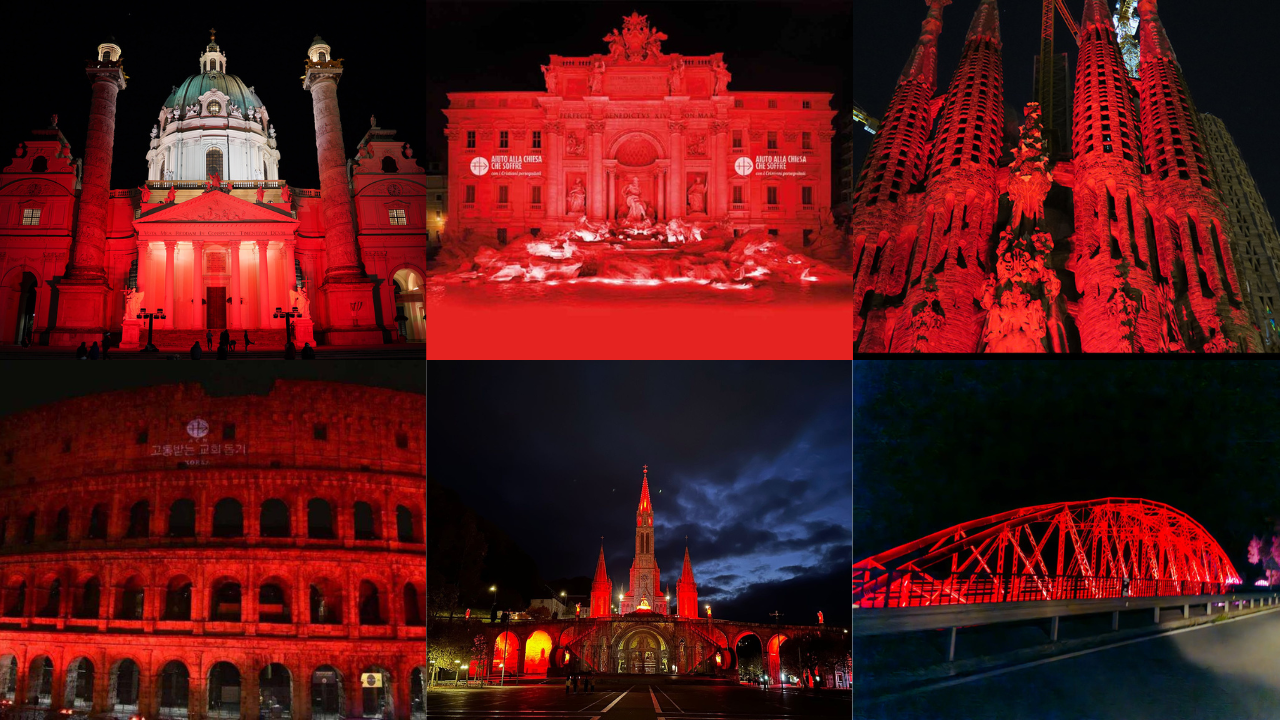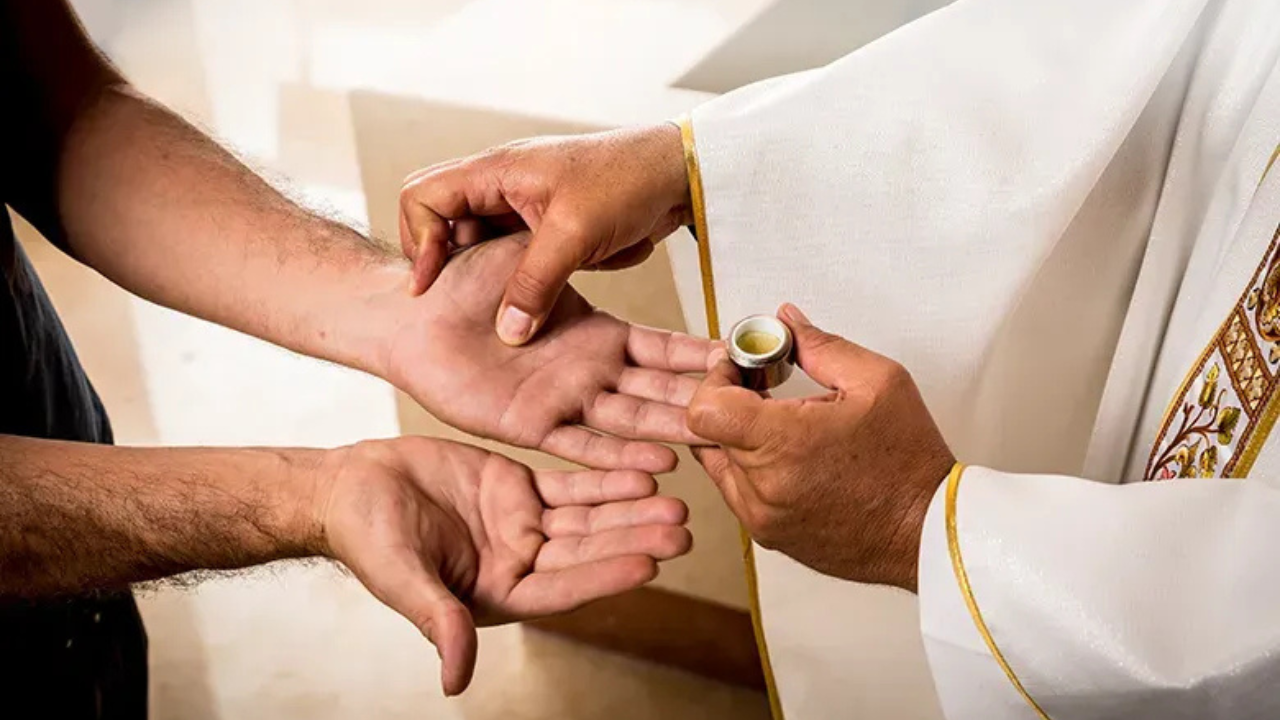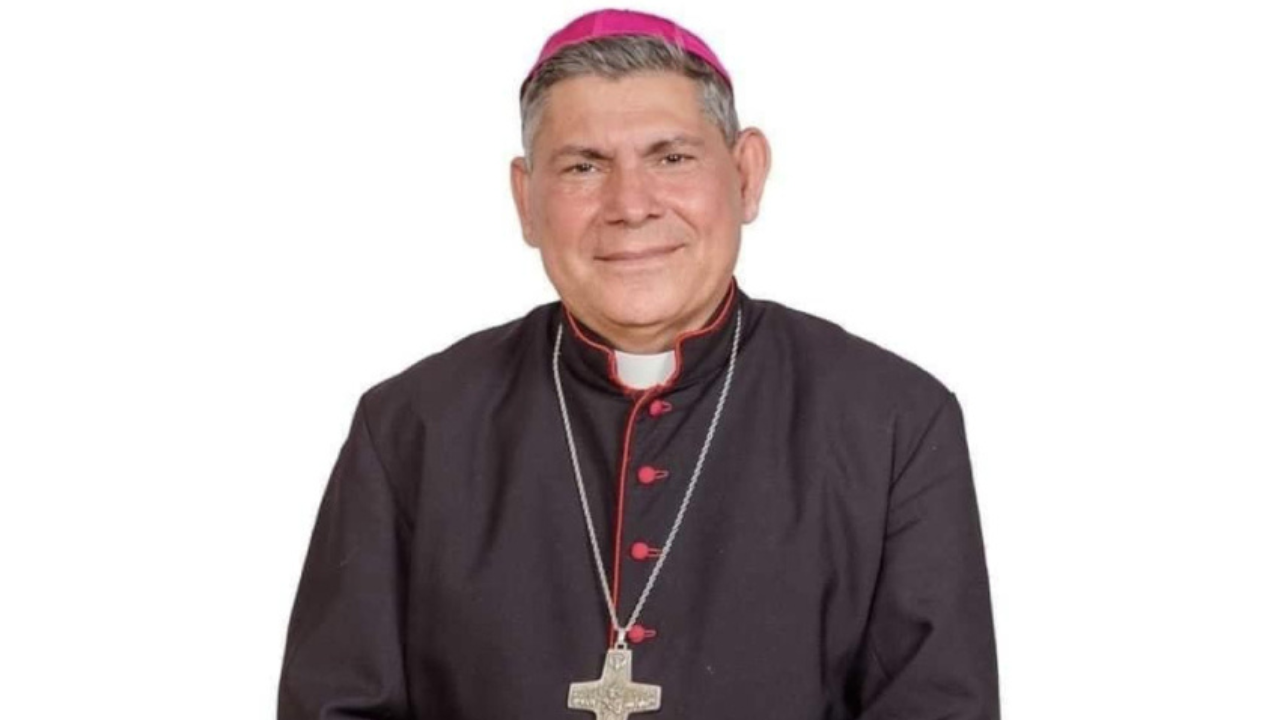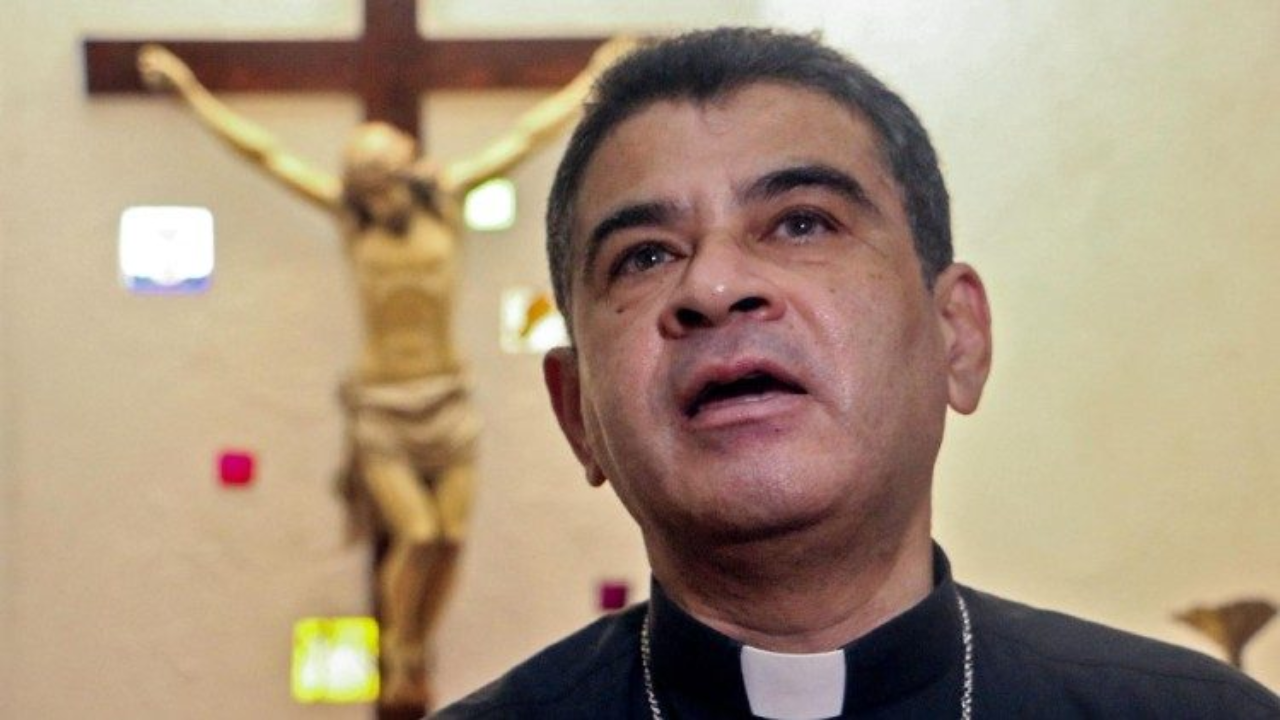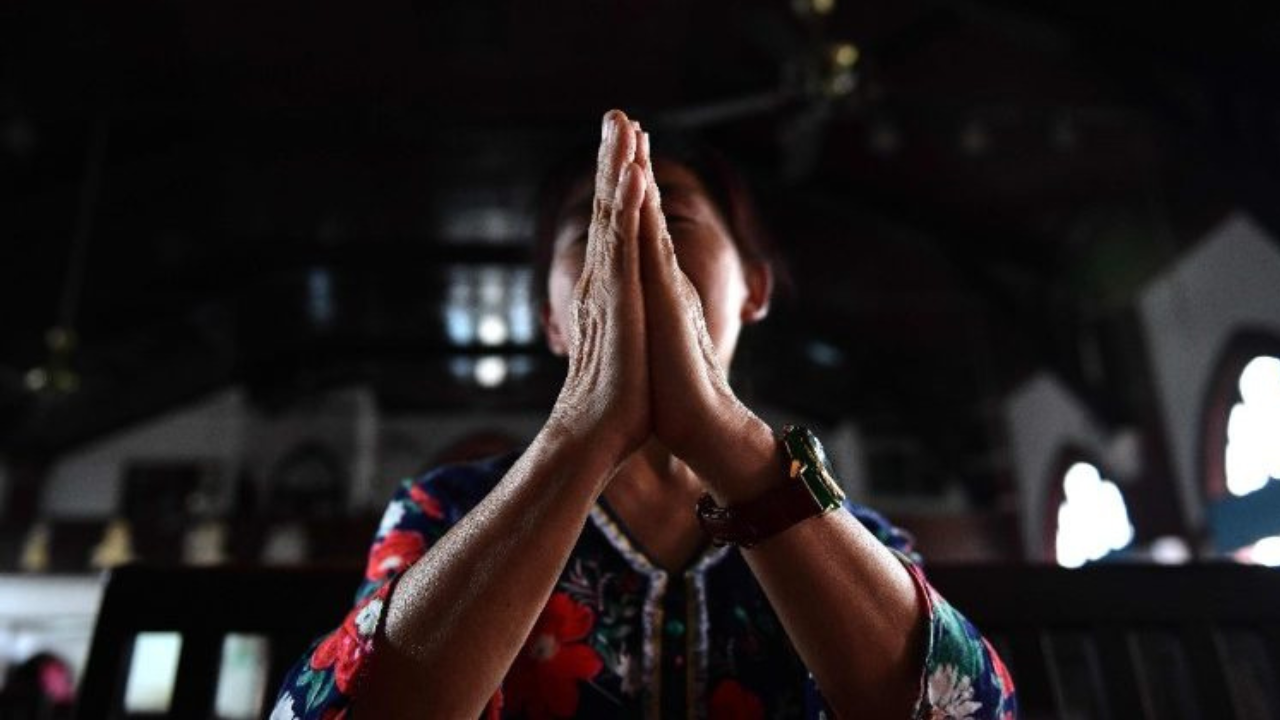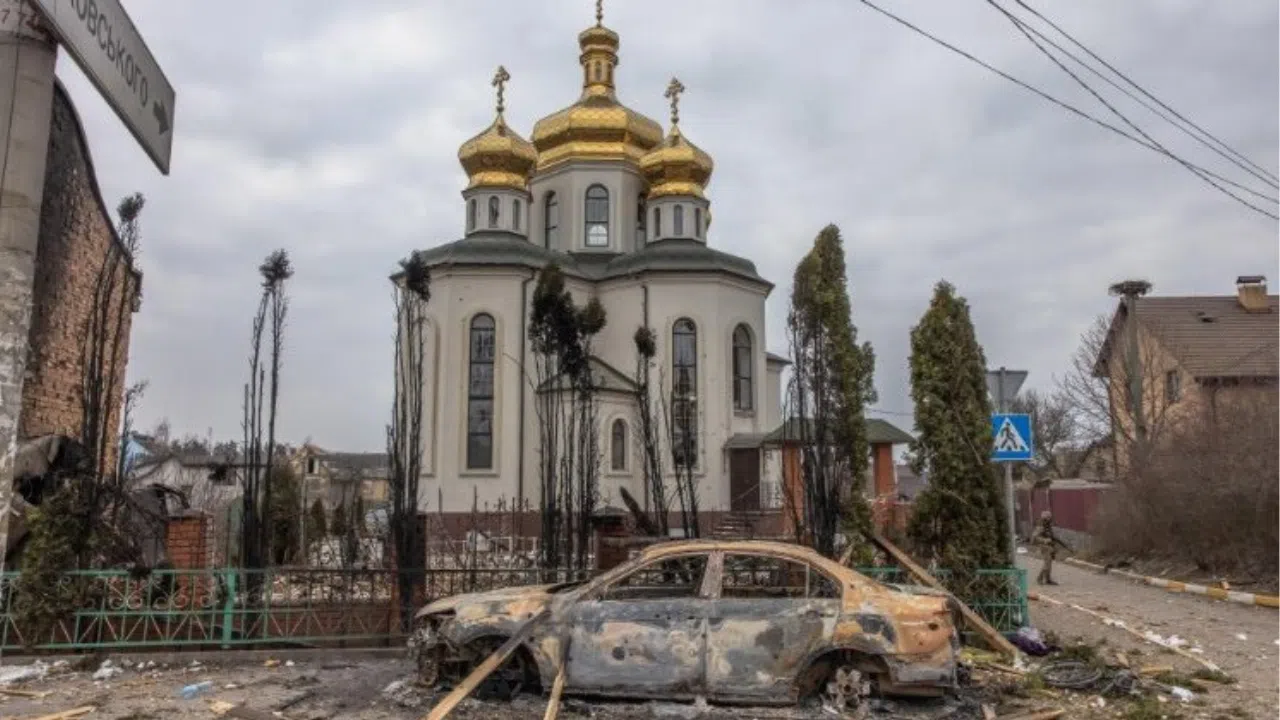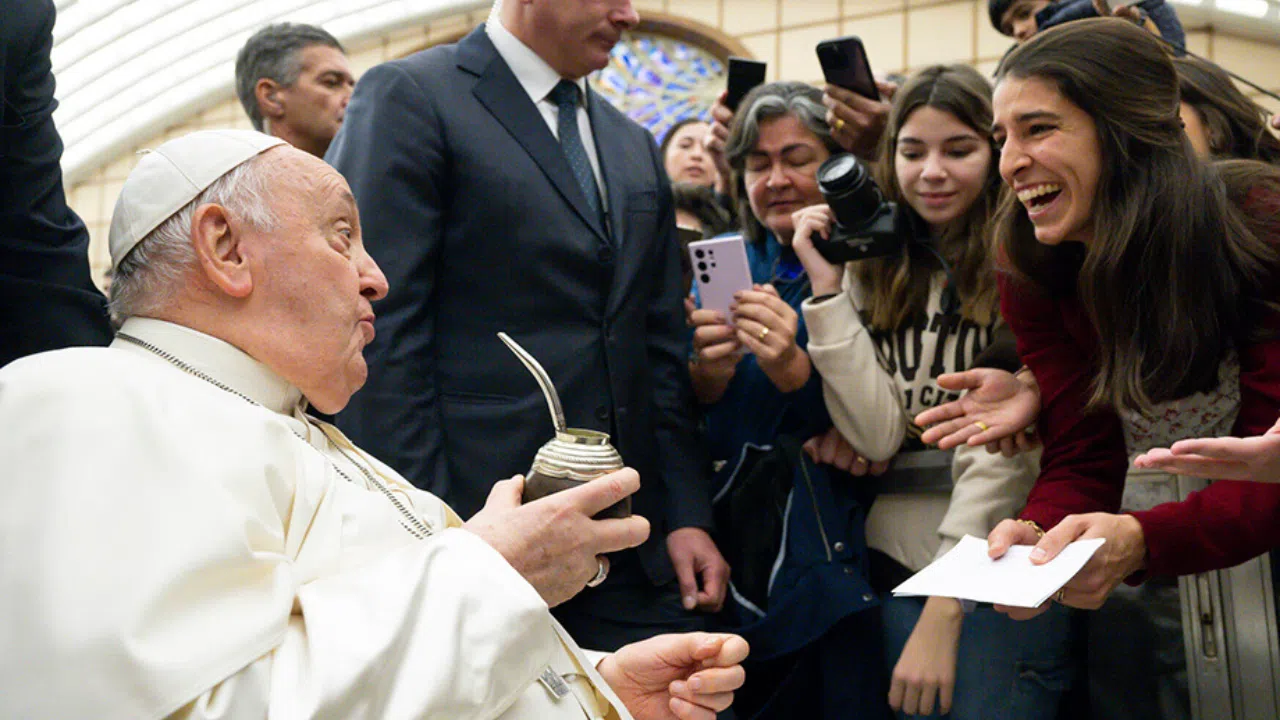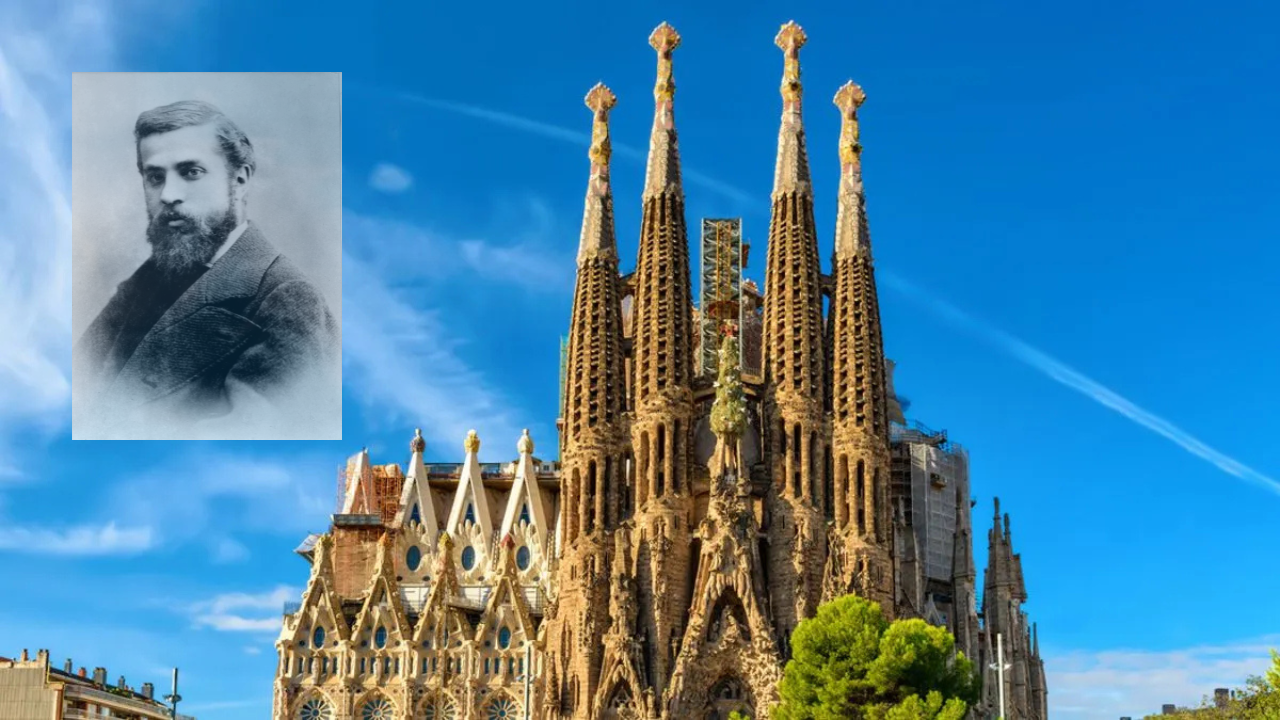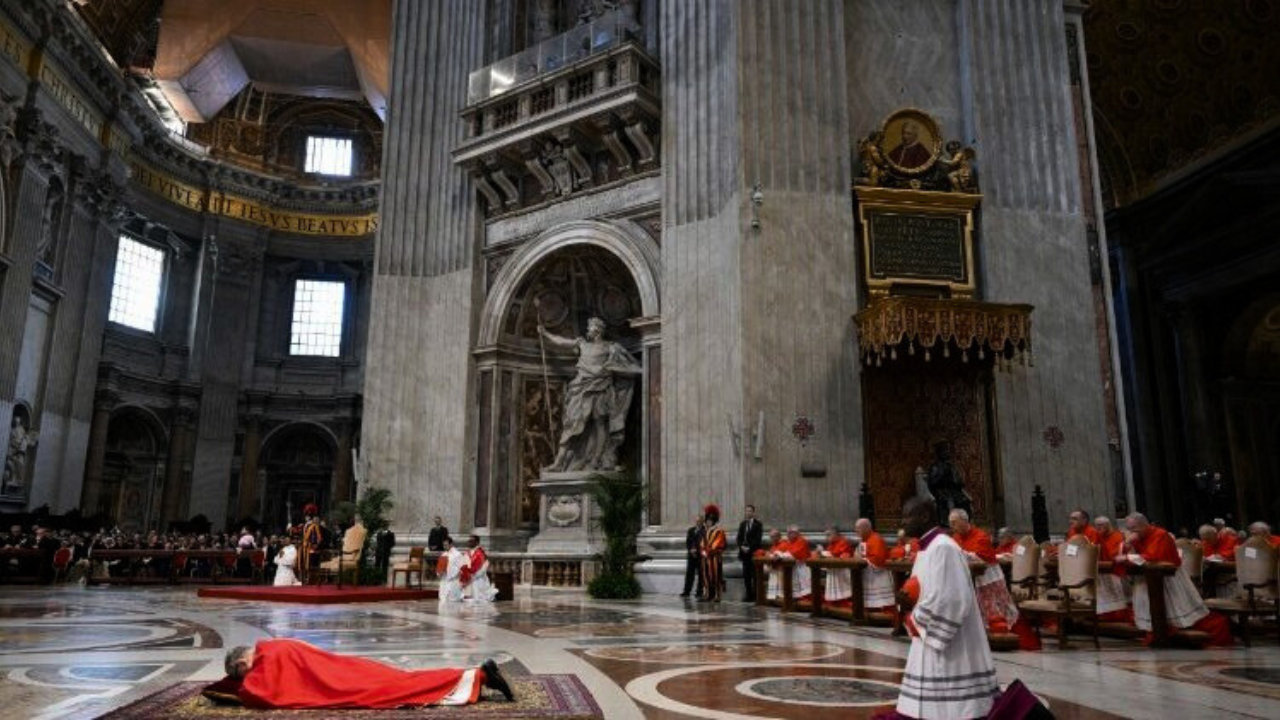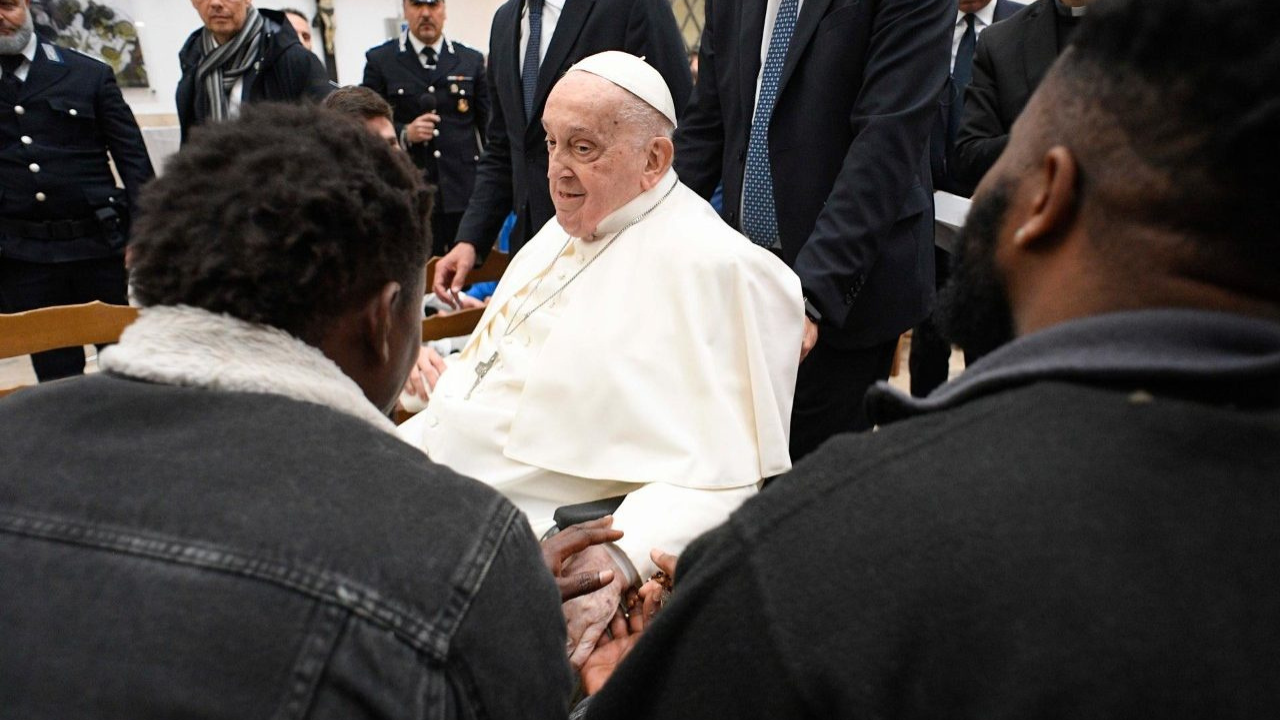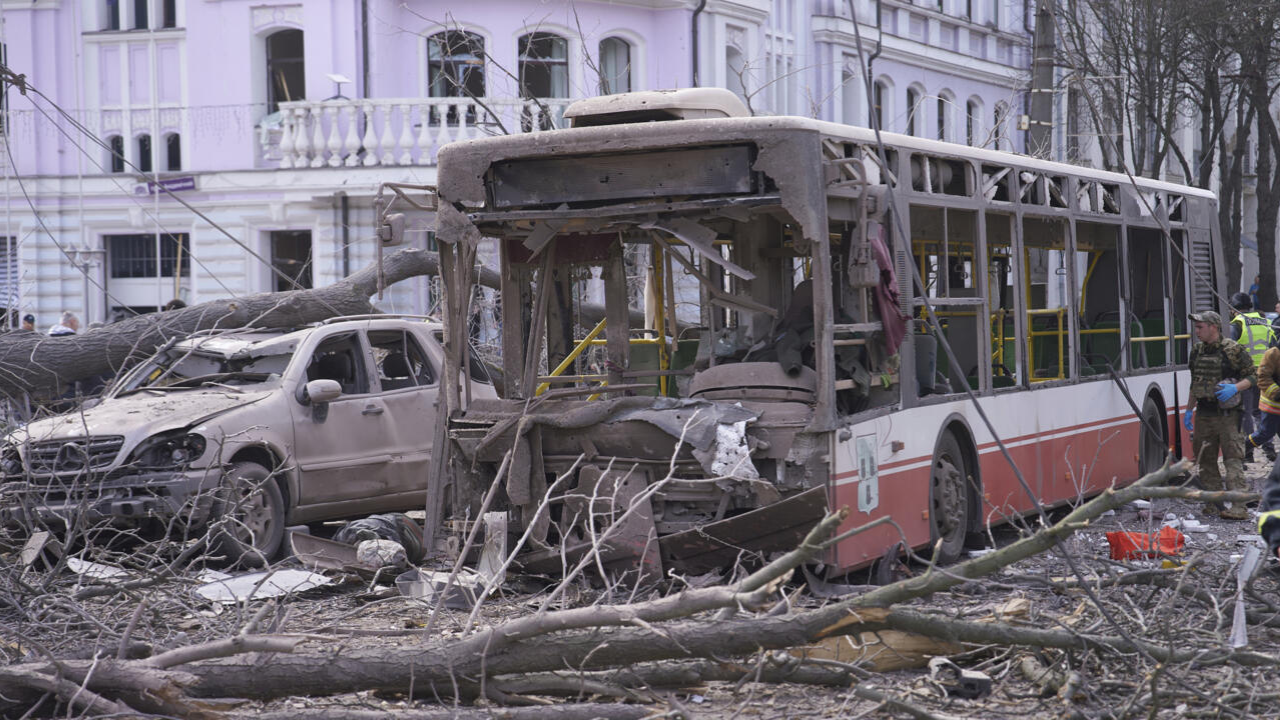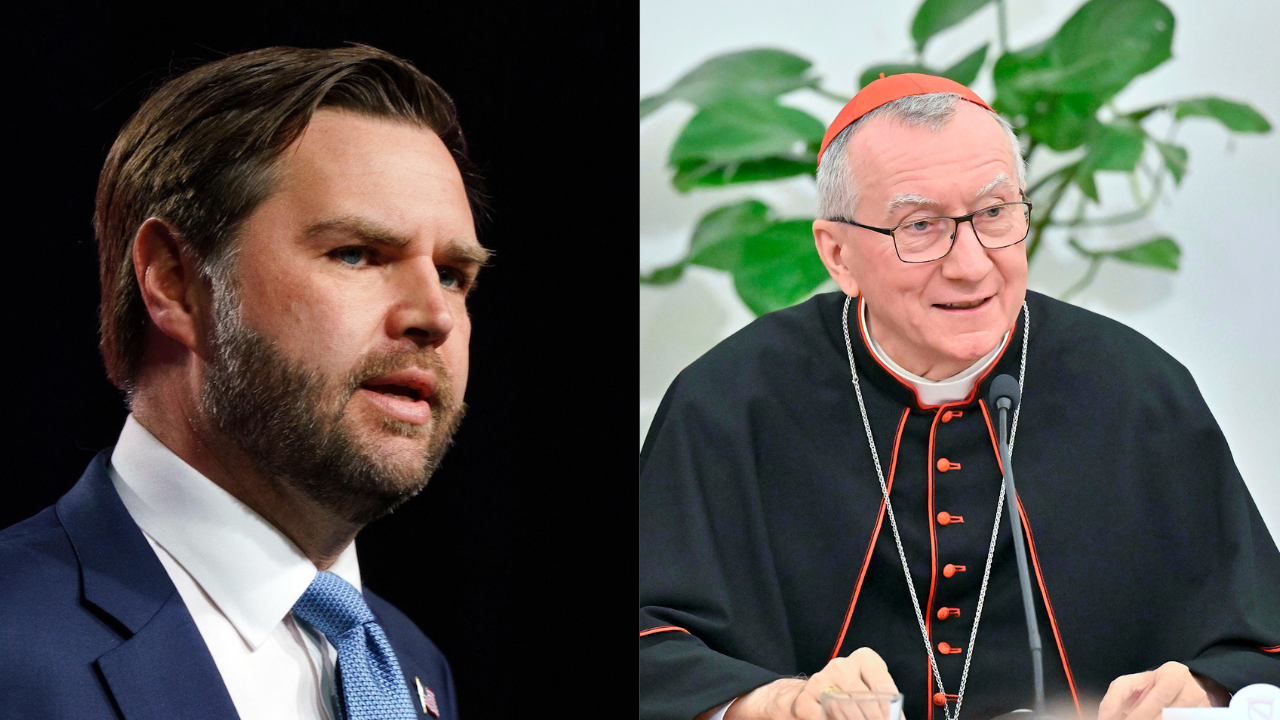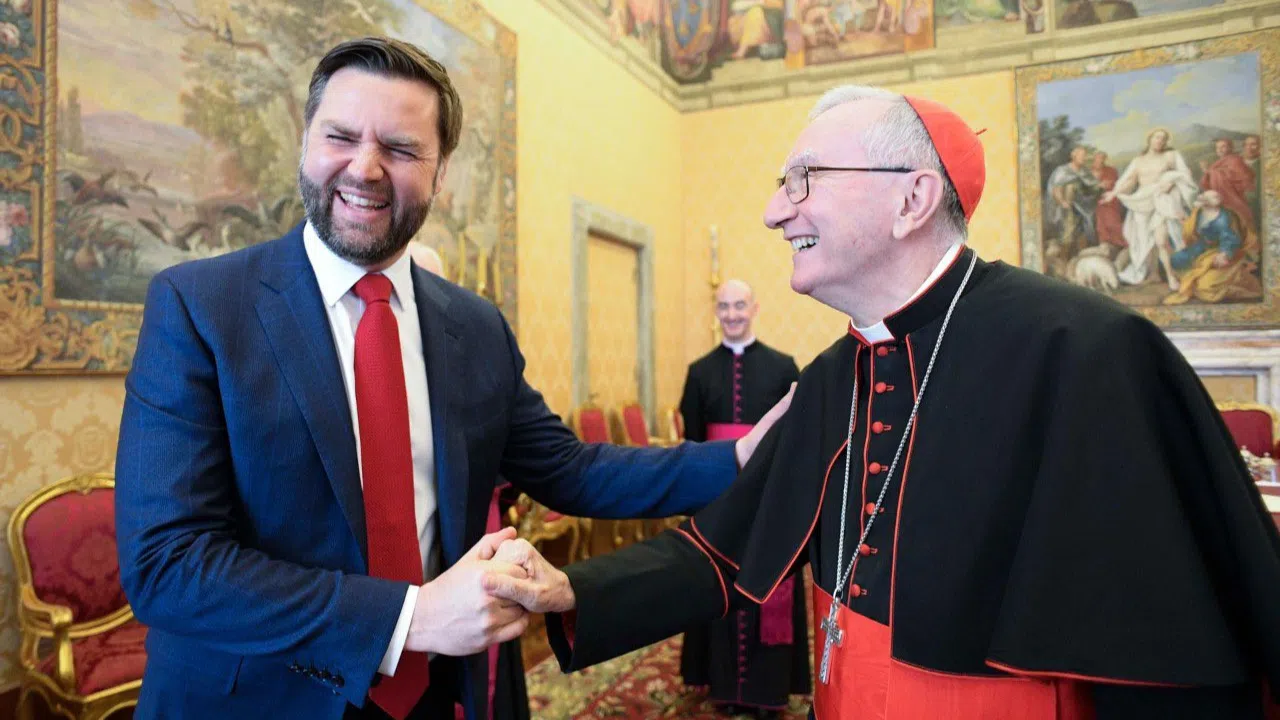Many people are aware of the refugee crisis, but few stop to think of the stories behind each of these people who are willing to do whatever it takes to save their lives.
Lybia has become a slave market, as torture and human rights violations are daily occurrences. It's a black hole that traps those who flee with no destination in mind, and traffickers immediately sense their desperation.
Mossa is a 27-year-old who escaped from Mali in order to survive. His first stop was Algeria, where he wandered and slept on the streets until someone offered him help and a job in Lybia. He believed it. They brought him to a farm, where he was enslaved and abused for six months.
MOSSA
“The day I asked for my payment was when I realized I was a slave. He responded, 'I don't owe you anything.'”
He escaped with help from another young man, Bambau, who brought him to work with him in the fields. One night, however, Mossa was walking down the street when two men appearing to be policemen stopped him. He had no documentation, so they brought him to a jail. It was no ordinary jail, though, but one for slaves.
The pain in his eyes speaks for itself each time he recalls the difficult moments, but he tries to smile despite all of the pain he has endured at such a young age.
MOSSA
“There were other young men there, and they hit us, they subject you to all types of torture while they record you with a camera. They make you call your family to demand they send them money, and if your family resists, it's worse... because they hit you more. People have died right in front of my eyes.”
Mossa's parents had passed away years before, and the fact of not having anyone to call was exactly what saved his life.
MOSSA
“After a long time, they realized I couldn't help them at all, because no one could send them money. There were people who called their relatives, and those people sent money, but they couldn't get anything out of me. They threw me to the street to make space for someone else. They weren't policemen, they were traffickers.”
When they set him free, Mossa couldn't believe it. He had to flee Lybia. A month later, he boarded a rubber raft with 150 other people. After three days and nights of hell at sea, he was rescued and brought to Sicily. Shortly after, he traveled to Rome to seek help.
That's how he found the Astalli Centre, a Jesuit institution that assists migrants and refugees. Each year, it tends to 21,000 people in Rome, offering them all support needed to restore their dignity, trust and their dreams.
MOSSA
“I have to thank God. He's the one who has given me strength after all that's happened, because it's true that I've gone through many difficulties. There are people who are worse off than me, though, people who continue in enslavement. What can they say? I think about them, and they give me strength to continue. Life is difficult, but we have to keep fighting.”
The center has given him the opportunity to go to classes in Italian and cooking. He would like to be a great chef, and he recently completed a trial at a restaurant. However, he assures what he wants most is to continue studying law to defend other people, because he knows better than anyone what it's like to be deprived of all of his rights.
